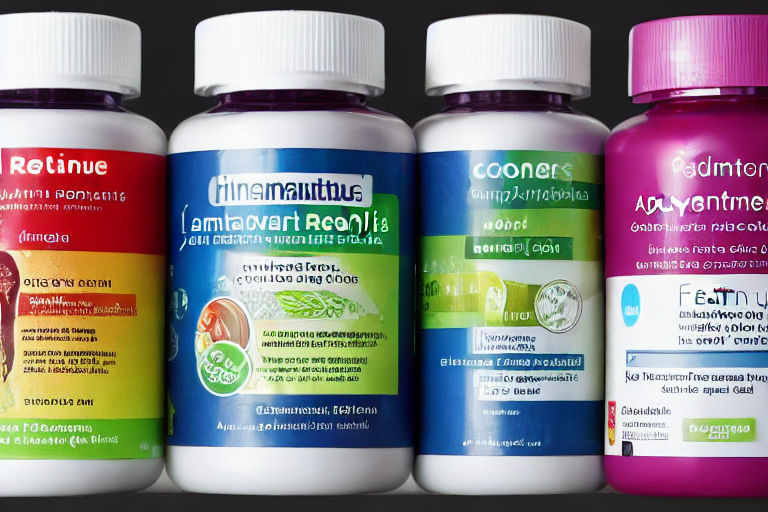How Antioxidants Can Improve Brain Health and Function
Antioxidants are substances that protect the body’s cells from damage caused by free radicals. Free radicals are unstable molecules that can cause oxidative stress, leading to a variety of health issues including inflammation, heart diseases, cancer, and cognitive decline.
As such, consuming foods rich in antioxidants has been found to improve overall health, including brain health and function. In this post, we will be exploring how antioxidants can improve brain health and function.
Reducing Inflammation
Inflammation in the brain is a common cause of neurodegenerative disorders such as Alzheimer's disease and Parkinson's disease. Antioxidants help to reduce inflammation by preventing the formation of free radicals, reducing the damage that they cause.
Protecting Brain Cells
Free radicals can cause cell damage and death, leading to a decline in brain function. Antioxidants help to protect brain cells by neutralizing free radicals and preventing them from causing damage.
Strengthening Neural Connections
Antioxidants can improve the growth of new brain cells, which strengthens neural connections, leading to better cognitive function. Some studies suggest that consuming foods high in antioxidants can help to prevent age-related cognitive decline.
Examples of Antioxidant-Rich Foods
Now that we understand the benefits of antioxidants for brain health and function, here are some antioxidant-rich foods that you should include in your diet:
- Berries such as blueberries, raspberries, and strawberries
- Dark chocolate
- Green tea
- Nuts such as almonds and walnuts
- Spinach
- Tomatoes
In conclusion, consuming foods rich in antioxidants can significantly improve brain health and function. Such foods help to reduce inflammation, protect brain cells, and strengthen neural connections. Incorporating antioxidant-rich foods in your diet can be an effective way to maintain cognitive function as you age.



